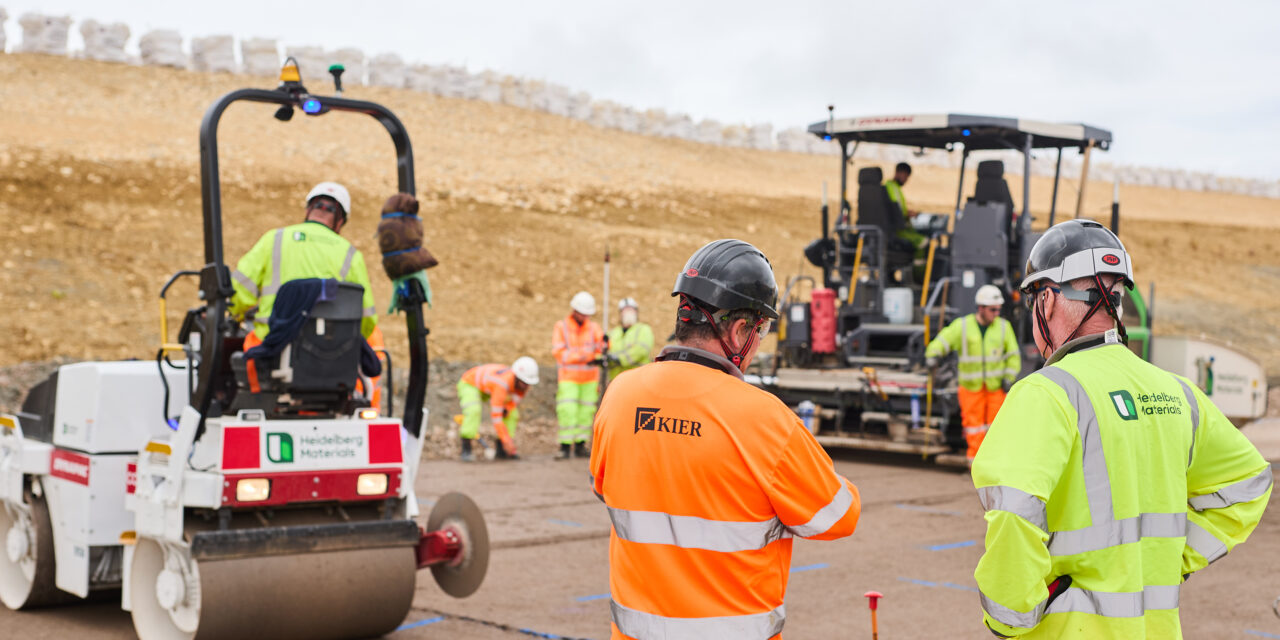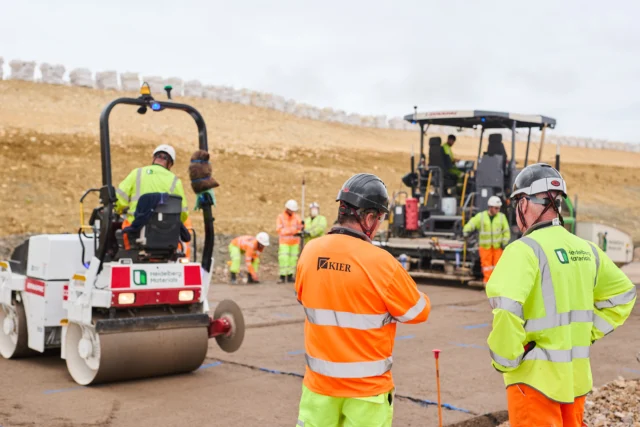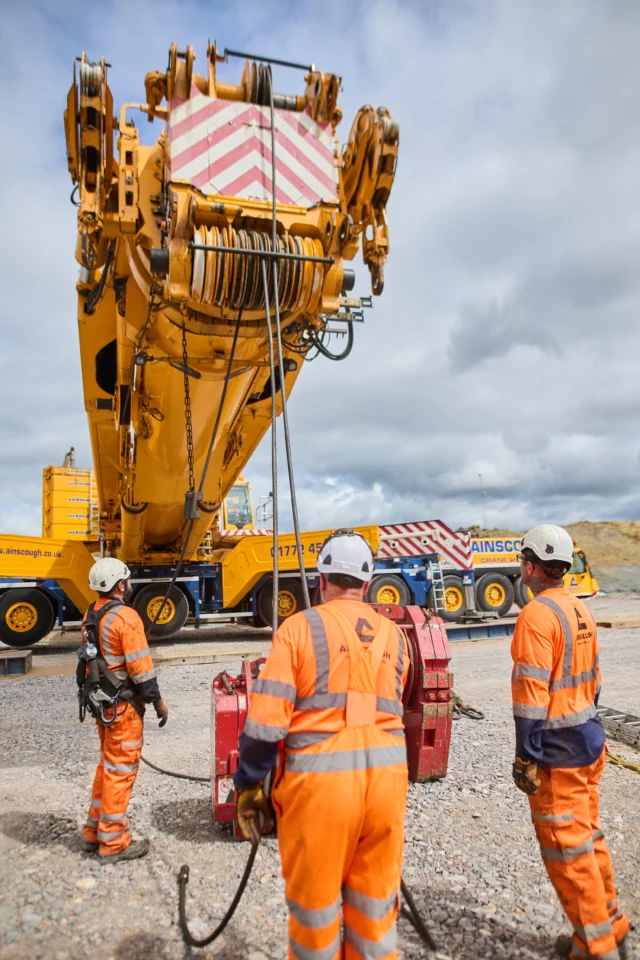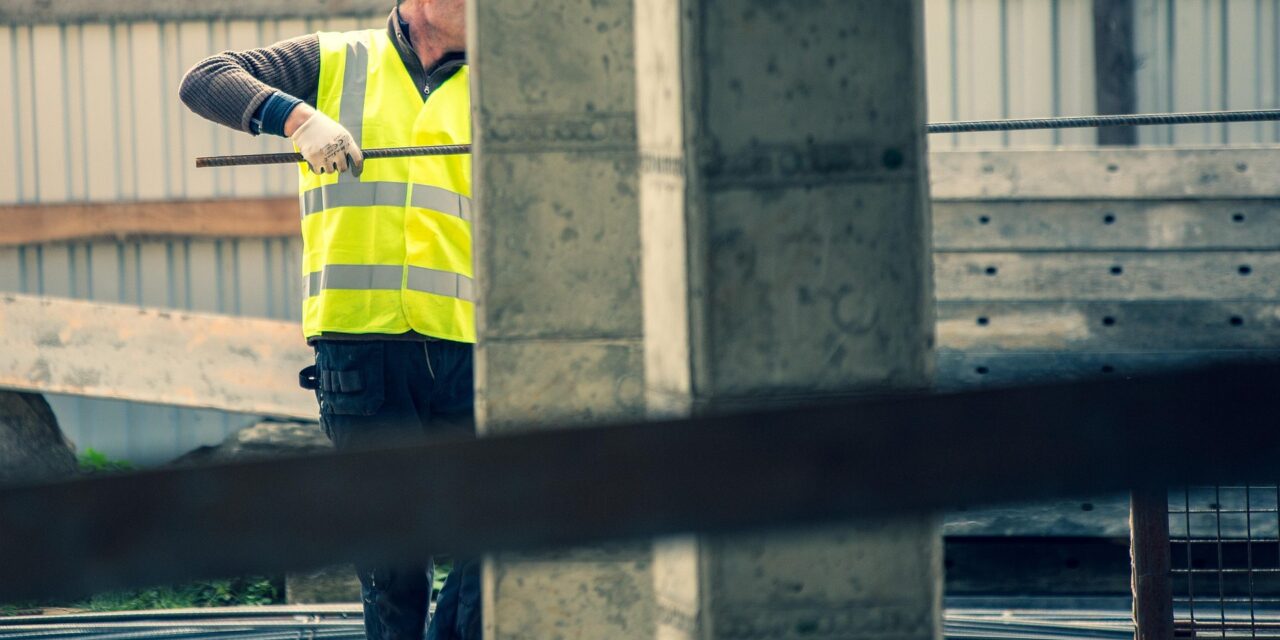
The construction industry faces an escalating safety crisis as unqualified contractors continue to perform specialist work without proper certification or training. The Building Engineering Services Association (BESA) and the Thermal Insulation Contractors Association (TICA) have issued a stark warning regarding the dangers of multi-trade firms operating beyond their competencies. Recent investigations have highlighted the severe consequences of such practices, including increased health hazards and fire risks.
Specialist Work Requires Verified Competence
Projects carried out by non-accredited contractors frequently involve complex installations, such as ductwork and thermal insulation. Poorly executed work in these areas can lead to serious structural and environmental issues. One cited case revealed ducting installations with inadequate insulation, causing rapid condensation, mould growth, and subsequent health hazards. The presence of mould can escalate within 24 to 48 hours, spreading spores throughout affected areas, significantly endangering residents’ health and wellbeing.
Nathan Wood, BESA’s London & South East regional chair, emphasised that price pressures often force clients to engage multi-trade contractors, whose lack of specialised knowledge results in substandard installations. “Specifications are frequently value engineered, pushing multi-trade firms to compete on price rather than expertise, creating a high-risk environment,” he stated.
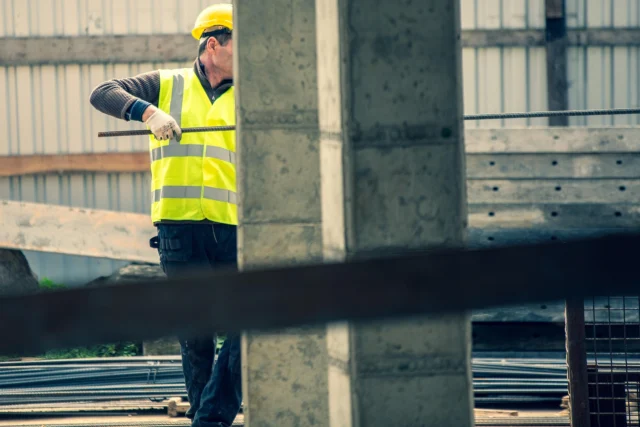
Implications of Awaab’s Law on Contractor Competence
The forthcoming implementation of Awaab’s Law in October 2025 underlines the importance of verified contractor competence. Named after two-year-old Awaab Ishak, who tragically died due to prolonged mould exposure, the law imposes strict deadlines on landlords to resolve damp and mould issues. However, without trained and accredited professionals, the legislation risks becoming a procedural formality rather than an effective safeguard for public health.
Fire Hazards from Improper Insulation
Beyond mould and condensation, incorrect installation of flammable materials has emerged as a pressing concern. The use of non-certified Polyisocyanurate (PIR) boards in ductwork, which can possess Euroclass E or F fire ratings, exemplifies the heightened fire risks associated with unqualified work. Chris Ridge, TICA’s technical director, stresses that a competent insulation specialist would avoid such hazardous applications. The failure to verify contractor capabilities often results in these dangerous oversights, endangering both buildings and occupants.
The Need for Rigorous Contractor Vetting
Both BESA and TICA call for stringent verification of contractor qualifications and organisational capabilities before awarding contracts for safety-critical projects. Ensuring that all operatives are properly trained and accredited is essential not only for compliance but for safeguarding residents and building users. Organisations must adopt thorough vetting procedures, evaluating prior project experience, certification credentials, and adherence to industry safety standards.
Moving Towards a Safer Construction Sector
Addressing these risks requires a cultural shift within the construction sector, prioritising safety and expertise over cost-cutting. Multi-trade contractors must operate transparently, with clients rigorously assessing their capacity to execute specialised work safely. Industry associations recommend continuous professional development and mandatory accreditation for all workers performing high-risk installations, fostering a culture of competence and accountability.

